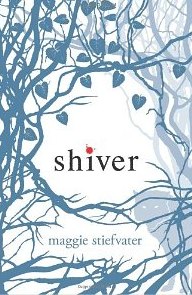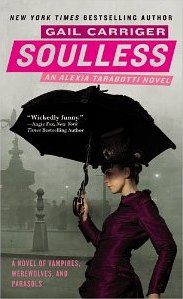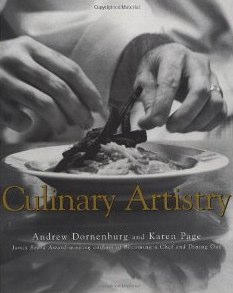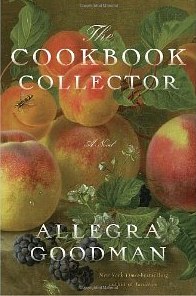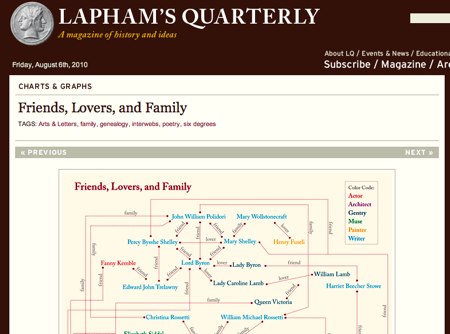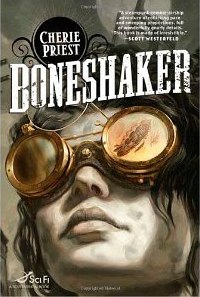A silver lining to the dark cloud of the Boston Globe’s decline to provincial status is that the new Globe can give lots of play to local stories. This Sunday, the Globe’s big page one story described cataclysms shaking the American Repertory Theater. (I’ve been an ART subscriber through most of its history.)
As Paulus heads into her second season at ART, she has largely replaced the company’s steady diet of serious avant-garde productions with audience-pleasing musicals and adventurous interactive experiences. She has been a commercial smash, while shedding actors — and longtime staffers — who defined the company for decades.
Now, she’s facing the ultimate byproduct of success, a backlash. To her supporters, Paulus is a crowd-inspiring theater revolutionary. To her detractors, she is the Broadway-obsessed, box-office-driven director who has dismantled a prized institution.
The piece, by Geoff Edgers, focuses on what appears to be a greater rift than the inevitable change that must accompany the appointment of a new artistic director. Actors, staffers, and long-time supporters are quietly furious.
One issue, clearly, is whether the American Repertory will be a repertory company. This, after all, was always the vision: a core group of actors who you’d see in many productions over a span of years. Watching familiar actors grow over time and handle unexpected challenges was often terrific, though inevitably some actors were cast in parts for which they weren’t ideal and others kept turning up in the same sort of part in every production.
Paulus didn’t use the resident company much in her first year; I assumed that might be transitional, but apparently it’s policy. That’s a loss.
The Globe story casts the change as a conflict between ART’s experimental tradition and Paulus’s desire to use more accessible material in order to reach new audiences. I think that’s the wrong frame. Sleep No More was one of the most experimental productions the ART has staged, and also one of the most memorable. The Globe story alludes to its sexiness, but that’s just old Boston prudery: the nudity in Sleep No More wouldn’t evoke comment in London or New York.
But I sense that the ART thinks its great success last year was The Donkey Show, a disco nightclub in which something like Midsummer Night’s Dream happens. I thought The Donkey Show was an intriguing failure, the sort of thing that you’d think was inspired if you accidentally wandered into it one night in Maastricht or Manchester, but that doesn’t function as the premiere production of the New Artistic Director. The real problem in my view, though, is they’re still doing it a year later, and seem intent on doing it forever. That’s not what Harvard’s theater should be doing; that’s dinner theater.
And repeated The Donkey Show shows no confidence in the concept itself; if you want to do drama in a nightclub, how about giving Tempest a try? Pal Joey? How about Antigone? The dramatic point of Donkey is to have drama happen just at the edge of your field of vision while other stuff is happening all around you. That should work for other stories. And if it can only work with Midsummer and that sells tickets, well, take it to North Shore or Charles or somewhere and be a nightclub and let the Cambridge theater space go back to doing theater.
For the rest of the first season, Gatz was brilliant, Paradise Lost was solid, Johnny Baseball was pleasant froth that needed a better book, and Best of Both Worlds didn’t gel. That’s not bad – for a transitional season. And in any case, if the ART is to be a repertory company, some change is inevitable; actors who came with ART to Cambridge with a 27-year-old Cherry Jones (in Midsummer) in 1980 are 30 years older today. But if ART is not a repertory company, what is it going to be?
That said, the Globe story uses Amanda Palmer as a symbol for popularity and accessibility. That’s wrong — especially before anyone has seen the new Cabaret. Sure, it might be lousy. But I think there’s a gritty play in Cabaret that could be liberated from our memory of Liza, and Palmer might be the one to do it.
